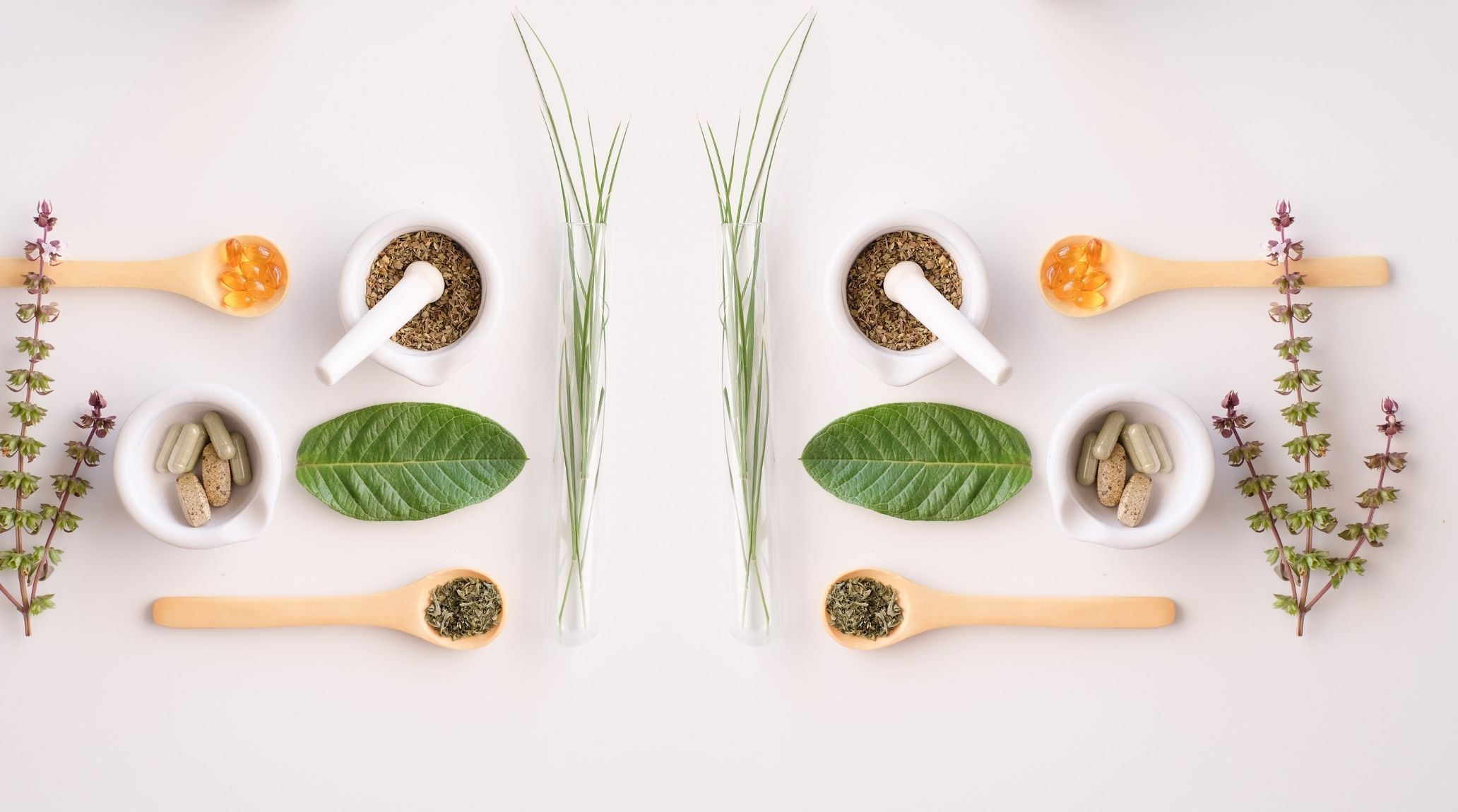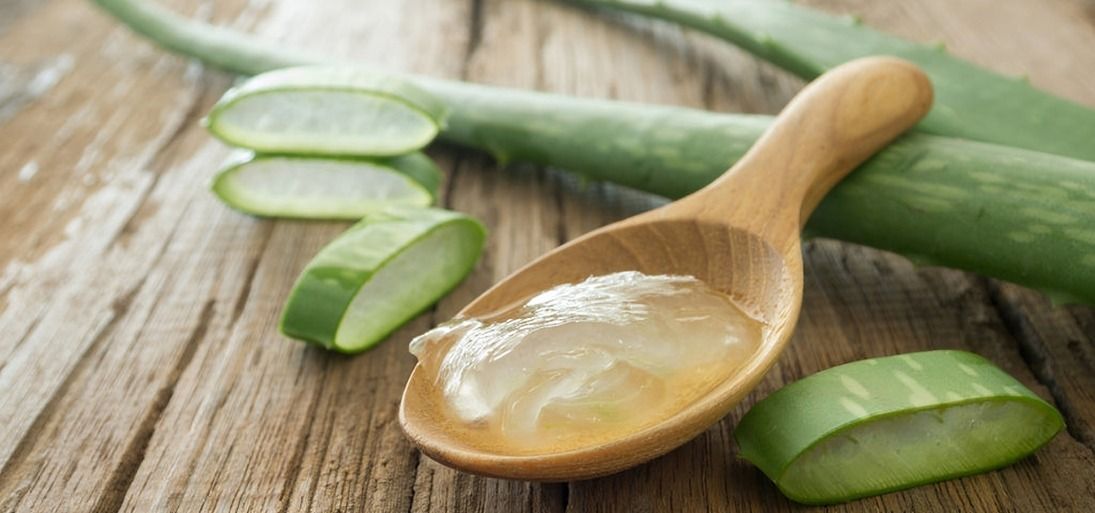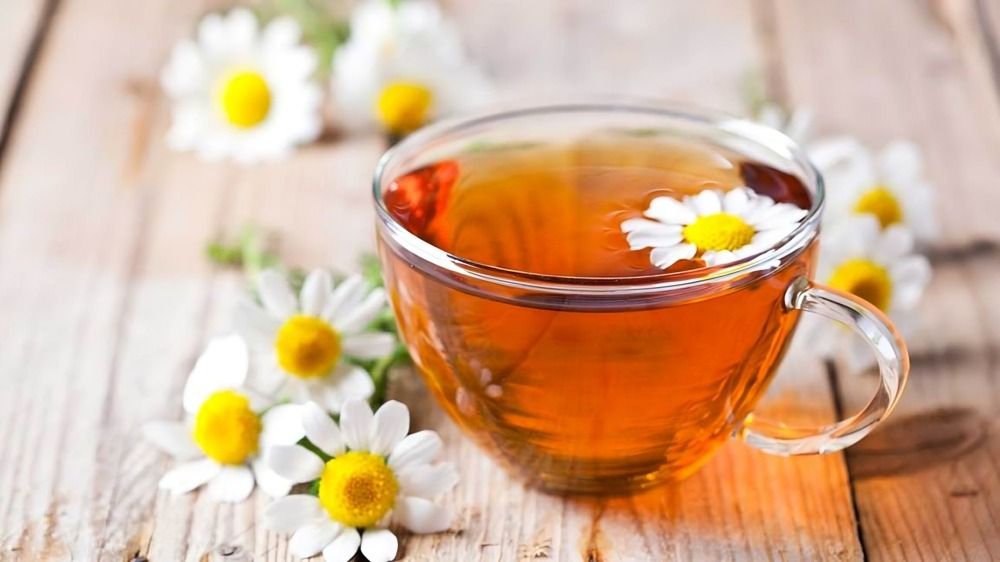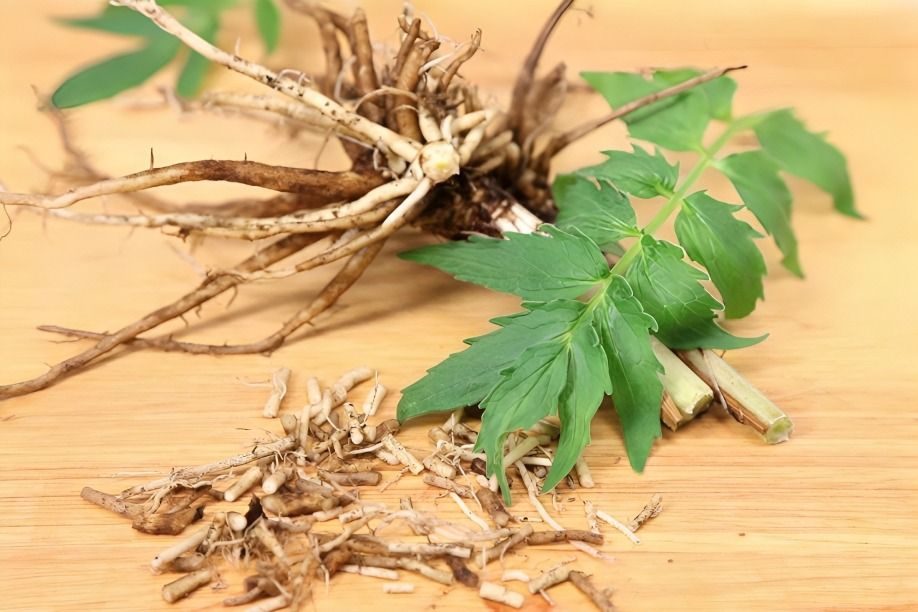
“
Nature has provided us with an incredible array of botanical wonders, each with unique properties that have been harnessed for centuries to promote health and well-being. From soothing aloe vera to immune-boosting echinacea, these plants offer natural remedies that continue to be studied and embraced in modern medicine. Join us as we delve into 20 intriguing facts about these top medicinal plants, uncovering their rich history, therapeutic uses, and how they contribute to holistic health practices worldwide.1
1
”
Willow trees contain salicin in their bark, which is converted to salicylic acid in the body. This compound forms the basis for modern aspirin, used for pain relief and reducing inflammation. 1
Cinchona bark is the primary source of quinine, an alkaloid used to treat malaria. Quinine, derived from the bark, has been a crucial medication in combating this life-threatening disease. It remains essential in malaria treatment today. 2
Opium poppy (Papaver somniferum) is the source of morphine, a potent analgesic used to relieve severe pain. Morphine, derived from the poppy's latex, has been a crucial medication for pain management. 3

Aloe Vera is not just a soothing plant for sunburns; its gel contains compounds that accelerate wound healing by stimulating collagen production and reducing inflammation.
Turmeric is a vibrant yellow spice commonly used in cooking, especially in Indian cuisine. Its active compound, curcumin, is well-known for its potent anti-inflammatory and antioxidant properties. 4
Ginseng is a root highly valued in traditional medicine for its adaptogenic properties, which help the body cope with stress. Ginseng is also believed to boost energy levels, enhance cognitive function, and support immune health. 5

Chamomile isn't just a calming tea; its flowers contain flavonoids like apigenin, which have been shown to promote sleep and reduce anxiety. It's also used topically for its anti-inflammatory effects on skin conditions like eczema.
Echinacea is a popular herb often used to prevent or shorten the duration of colds. It stimulates the immune system, specifically by increasing white blood cell activity, making it a common supplement to support immune health. 6
Lavender is well-known for its soothing properties, particularly in the form of lavender oil. Beyond its pleasant fragrance, lavender oil has anxiolytic (anxiety-reducing) effects when inhaled or applied topically. 7
Peppermint leaves and oil are used for digestive issues like bloating and indigestion due to their ability to relax the gastrointestinal tract muscles. It's also a natural remedy for tension headaches when applied topically. 8
Ginger has a long history of use as a natural remedy for nausea and motion sickness. Its bioactive compounds, gingerols and shogaols, help alleviate digestive discomfort by speeding up gastric emptying. 9

Valerian root is a plant known for its soothing properties, often used to improve sleep quality and reduce symptoms of insomnia. This herb works by interacting with GABA receptors in the brain, which helps to promote relaxation.
St. John's Wort is a herb used to alleviate mild to moderate depression. Its active compounds, hypericin and hyperforin, are believed to boost serotonin levels in the brain, similar to some antidepressants.10
Calendula flowers contain anti-inflammatory and antimicrobial compounds, making them useful in treating minor cuts, wounds, and skin irritations. These flowers are often used in herbal ointments and creams for their healing properties. 11
Eucalyptus oil is well-known for its decongestant properties. Inhalation of its vapor can help clear nasal passages and ease respiratory symptoms during colds and sinus infections. 12
Milk thistle has been used for centuries to support liver health. It contains a compound called silymarin, which has antioxidant and anti-inflammatory properties. This herb is commonly used to protect the liver from toxins. 13
Feverfew is traditionally used to prevent migraines and reduce their severity. It is believed to work by inhibiting the release of chemicals that cause inflammation and blood vessel dilation in the brain. 14

Known as the maidenhair tree, ginkgo biloba is one of the oldest living tree species and has been used in traditional Chinese medicine for centuries. It's believed to improve cognitive function by increasing blood flow to the brain.
Burdock root is valued for its detoxifying properties and is used to purify the blood and support liver function. It's also used topically to treat skin conditions like acne and eczema. 15
Saw palmetto berries are used to support prostate health in men. It's believed to inhibit the conversion of testosterone to dihydrotestosterone (DHT), which contributes to prostate enlargement. 16


